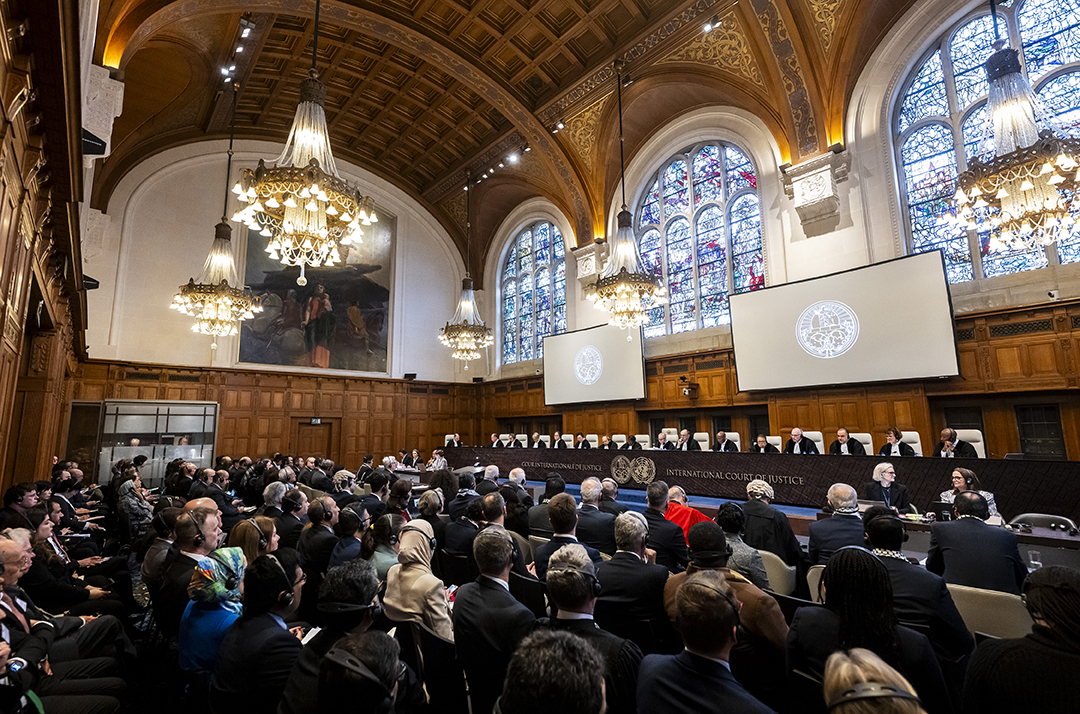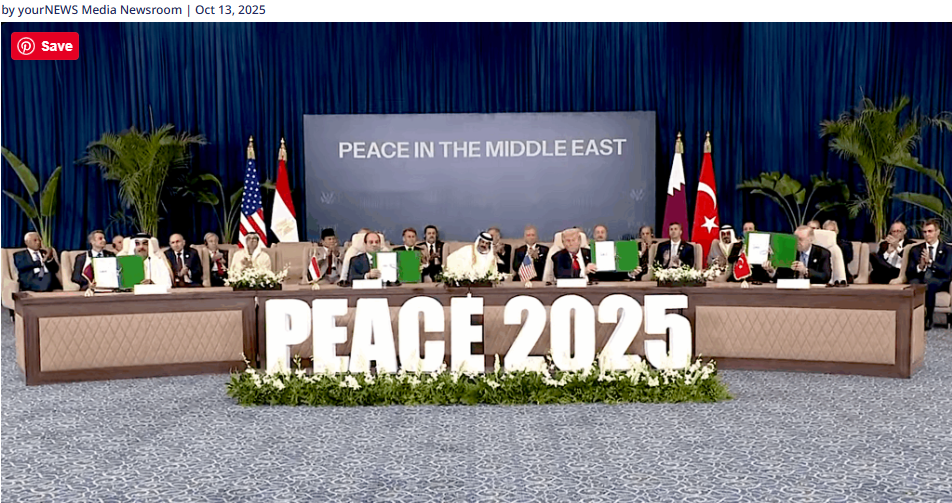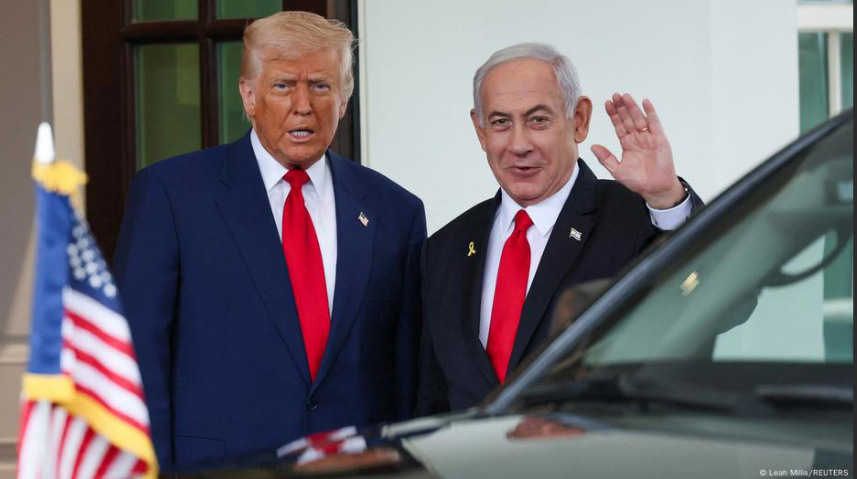By Gregory Rose and Andrew Tucker
In May this year, many Jews and their friends will celebrate the 75th birthday of the State of Israel. The Jewish State has been violently opposed for over a century, since before it was a physical reality, even back while it was still a political idea. Today, continuing attacks on that political idea are taking the form of lawfare. Informed responses, formulated through war rooms or workshops, such as described at the foot of this article, are needed with increasing urgency.
Ideological attacks
What is lawfare? First, it is not kinetic war. The Jewish homeland has survived over a century of riots and terrorism, the 1948, 1967 and 1973 Arab wars for its destruction, and the continuous attrition campaign of armed attacks conducted by Palestinian militants. Israel has responded successfully to these kinetic warfare tactics, by growing militarily stronger to become a regional power.
Second, it is ideological. Attacks on Israel – reckoned by numbers of people over time – are principally against the very idea of the Jewish homeland, rather than physical attacks. Consistent ideological themes include denial of Jewish indigenous identity and history, incitement to protect the Al Aqsa Mosque on the Temple Mount, anti-Semitism (particularly Jewish conspiracy), and glorification of martyrdom while fighting Jews. Muftis have deployed antisemitism to incite Arabs since murderous riots in 1920, before the Jewish State existed.
Despite their enduring themes, ideological attack strategies evolve in a comparable way to military tactics and equipment, taking advantage of time and place. Political campaigning against the British Mandate to establish a Jewish homeland in Palestine shifted in the second half of the 20thcentury to campaigns against the Jewish State of Israel within a diverse array of contemporary UN and other international organizations.
The British took their cricket bat home without fulfilling the Mandate in 1948. The United Nations condemned Zionism as racism in 1975. The European Union adopted the 1980 Venice Declarationon Palestinian statehood and suspended activities under its Association Agreement with Israel in2013. The African Union ejected Israeli observers in 2023. In the ideological battle space, international attacks against Israel are usually successful.
Lawfare
Today, lawfare is the predominant form of ideological battle. It is conducted through legal machinery, deploying legal tactics that misuse international law by applying it in extraordinary ways other than that for which it was intended or designed.
For example, a Hamas lawfare tactic is to deliberately place civilians in harm’s way in armed conflict, to leverage in its favor laws intended to limit battlefield suffering of civilians. The Israeli military targeted by this lawfare tactic must either harm the innocent or abort combat. Either way, the lawfare tactic works: to win ideological victory against the Israeli military for its alleged deliberate war crimes, or to block it from battle.
Of course, placing civilians in harm’s way undermines the purpose and intent of international humanitarian laws by deliberately risking or causing harm to the innocent. The lawfare tactic undermines the integrity of the legal system that it leverages.
This undermining of the purpose of the manipulated law is a feature of lawfare that occurs beyond humanitarian law. For example, when international civil law is leveraged to draw a court into political matters outside of its intended trade treaty framework, that court strays beyond its legal authority. Consequently, its mandate is seen as politicized, undermining its own integrity as a fair and neutral arbiter.
In the 21st century, the major battleground for ideological attacks on Israel is now within international judicial institutions, such as the International Criminal Court. Due to globalization, international regulatory and dispute resolution systems have proliferated. The pervasiveness of interstate laws and institutions offers multiple opportunities for lawfare. If courts can be tempted into political disputes, they offer multiple and excellent quality opportunities for ideological gain.
Many judges on international tribunals seize opportunities to decide lawfare cases. Those who have spent a lifetime analyzing and articulating the law are disinclined to surrender an opportunity to actually apply it. The universal human will to power is shared by ambitious judges and motivates them to have an immediate impact in the world. Among international law practitioners, it is a truism that contemporary tribunals never decline jurisdiction over a case. They instead compete for them.
Moreover, judges carry authority and their decisions articulate law. When faced with situations where the technical rules are poorly defined and the situation highly political, judges act with pragmatism, which typically requires serving the political master. Breach of judicial rulings can be characterized as lawbreaking. Lawfare is a winning strategy.
Unfortunately, this has negative consequences for the rule of law and for respect for judicial institutions. Judges accepting jurisdiction over nonjusticiable international security matters undermine the proper purpose of the laws that they apply. In the long term, they undermine respect for the broader rule of law. Ultimately, their own court will be repeatedly misused and they become complicit in its abuse.
Lawfare against Israel
The UN’s highest judicial institution, the International Court of Justice in the Hague(ICJ), can be relied upon to serve the UN General Assembly (UNGA) pragmatically, subordinating its own independence. Its misuse of its advisory jurisdiction for lawfare undermines the rule of international law, a perverse outcome.
On 8 December 2003, the UNGA requested the ICJ to provide advice on the illegality of the wall and fence that Israel was building along and within the West Bank/Judea and Samaria. On 9 July 2004, the Court obliged.
Having already obliged once, the ICJ was inevitably called upon again by the UNGA, on 9 January 2023, to advise on the
“ongoing violation by Israel of the right of the Palestinian people to self-determination, from its prolonged occupation, settlement and annexation of the Palestinian territory occupied since 1967, including measures aimed at altering the demographic composition, character and status of the Holy City of Jerusalem, and from its adoption of related discriminatory legislation and measures”
as well as to give advice as to how these Israeli practices “affect the legal status of the occupation” and advice as to what are the “legal consequences that arise for third parties from this status”.
It is apparent that the UNGA had already characterized the matters on which it requested advice as illegal violations. These allegations are clearly political questions inappropriately laid before a court of law, where they should be non-justiciable: self-determination, demographic change, holy cities, self-defense, disputed territory, occupation and so forth. Furthermore, the UNGA is aiming for sanctions to be imposed by UN members ( ‘third parties’, rather than by the Security Council, as in 2003-4), in the form of diplomatic, trade and investment boycotts.
Legal Battlespaces
There are many other legal battle spaces where lawfare against the idea of Israel is waged. At the international level, these include the Human Rights Council (UNHRC), World Health Organisation, UN Committee on the Status of Women, African Union, and European Union. Innumerable more battles occur in judicial institutions at national levels.
In the UN the largest sectoral voting bloc is the 56-member Organisation for Islamic Cooperation, which has systematically mobilized over 40 other (mainly oil-dependent, undemocratic, or regional neighbor) states in lawfare against Israel to form a majority of votes for resolutions that condemn Israel 125 times, 79% of such country-focused resolutions. In the UNHRC, Israel’s human rights performance has been condemned 99 times, (out of 154 resolutions, more than China, Congo, Eritrea, Iran, North Korea, Russia, Syria, Sudan, and Venezuela combined) and a UNHRC special permanent agenda item is the only one to critique a single country – Israel – which is inexplicable within human rights parameters.
As President of the Palestinian Authority and Chairman of the Palestine Liberation Organization, Mahmoud Abbas, stated in 2011:
“Palestine’s admission to the United Nations would pave the way for the internationalization of the conflict as a legal matter, not only a political one. It would also pave the way for us to pursue claims against Israel at the United Nations, human rights treaty bodies and the International Court of Justice. ….”
Palestine has since been admitted as an UN observer state, donors have provided hundreds of millions of dollars in legal training and resources, hundreds of lawyers have been engaged to combat Israel in international legal institutions, and their efforts continue to intensify and expand. They challenge not only Israeli activities in the West Bank/Judaea and Samaria but also the existence of a Jewish state.
Equipping defenders
The Israeli ministries of justice, foreign affairs and strategic affairs seem recently to regard these challenges with increasing seriousness. However, the legal defence of the legitimacy of the idea of a Jewish state is three decades behind the lawfare waged against it, in terms of capability, coordination, strategy, and personnel.
How should Israelis, Jews or Zionists respond to the challenges of lawfare against Israel in international institutions? There are many ways: diplomatic/non-governmental, Israeli/diasporic, defensive/proactive, strategic/ad hoc, local/international, individual/collective. Zionist non-governmental organisations (NGOs) with a legal advocacy focus have grown in various directions. Alliances are being formed.
An unusual example of emerging defenders on the legal playing field is The Hague Initiative for International Cooperation (thinc. – full disclosure: we are its directors). It is a European secular Zionist think tank, focused on international legal research and education seeking justice for Israel, and it occupies a unique niche, by engaging in outreach into the Christian world. Its global network of international law academics, practitioners and experts in related disciplines engage in research, education and action to challenge the misuse of international law to delegitimize Israel and to advocate instead for peace and security between Israel and her neighbours.
At the end of March, thinc. will host an international conference in The Hague, supported by Christians for Israel, entitled “Israel on Trial”. It will explore the challenges of lawfare against the idea of a Jewish state with particular attention to the International Court of Justice and European Union. The conference is a step towards building better defensive capabilities and alliances, as well as proactive strategies.
Better use of law
Ideological attacks against Israel are usually successful and they do cause harm. They have negative impacts in the areas of psychological solidarity and morale, trade supply and logistics, and in Israel’s international influence. The hostility of opponents is reinforced by delegitimizing of Israel.
Nevertheless, these inflicted harms are wanton. Lawfare cannot destroy the idea of Jewish self-determination. It cannot negate the renaissance of Jews desiring to live freely in the homeland they are indigenous to. Delegitimizing pronouncements by international judges will not make most Jews run away.
Perhaps the gravest harm caused by the misuse of international law against its intended proper purpose is its undermining of the rule of law and the integrity of international legal institutions. A better use of international law would seek peaceful approaches to Palestinian self-determination that also respects Israel’s legitimate rights and interests.
Gregory Rose is Director of Research at thinc. and Professor of law at the University of WollongongAustralia. Andrew Tucker Director of thinc. and International Adviser, Christians for Israel International.



